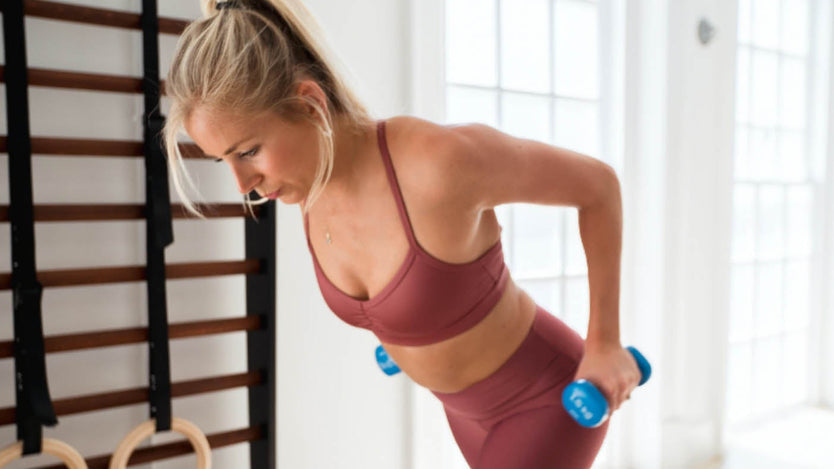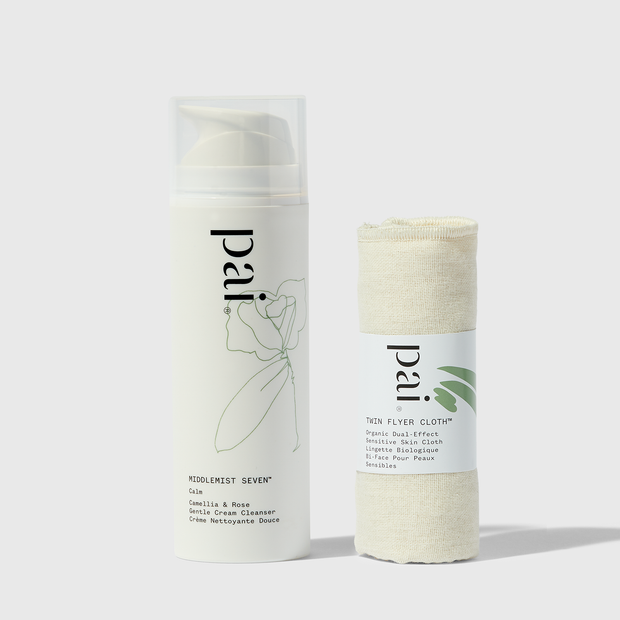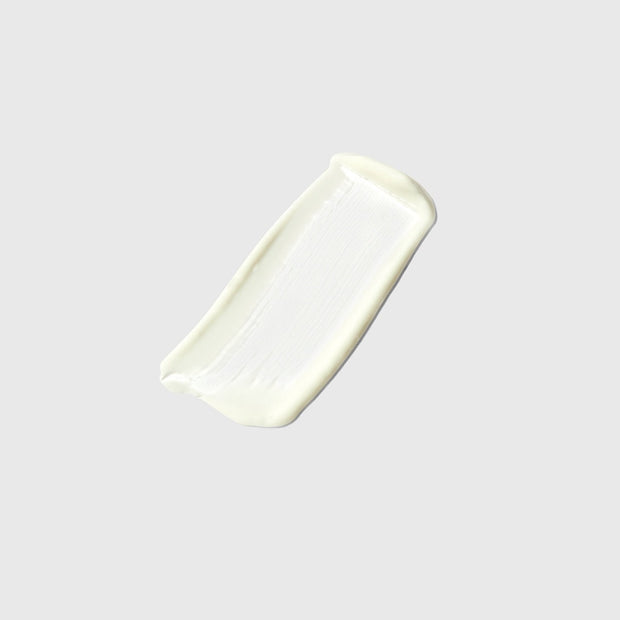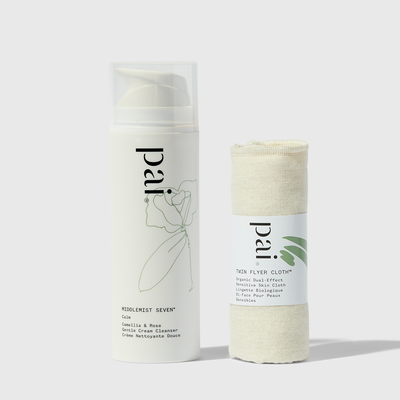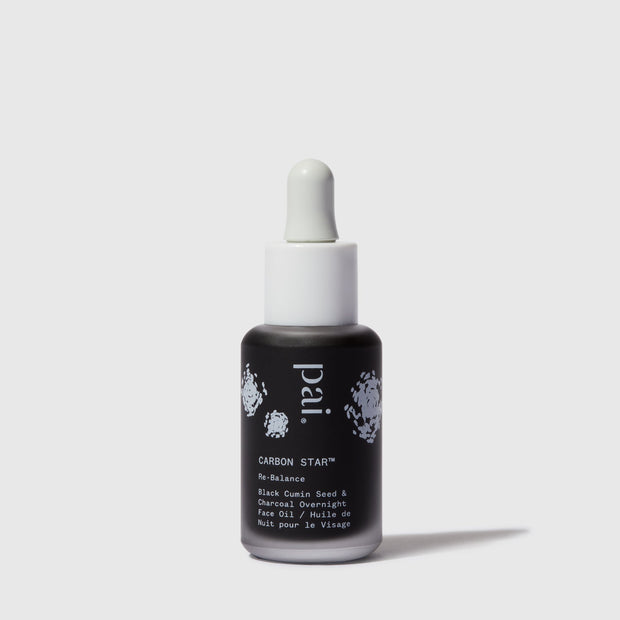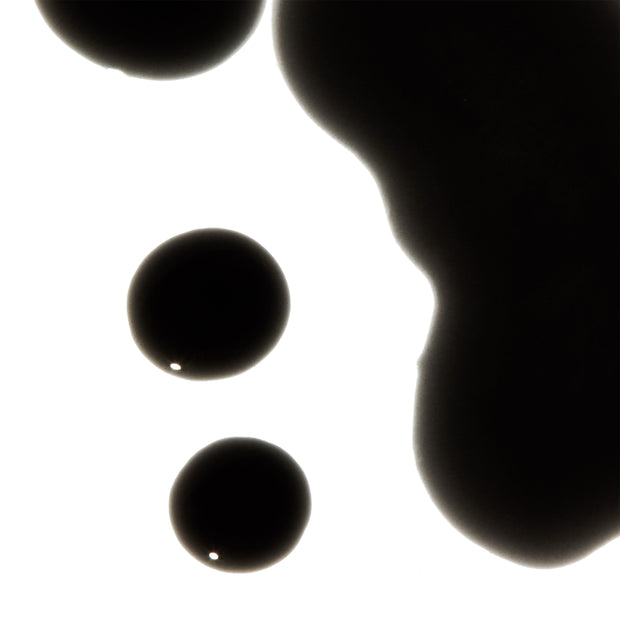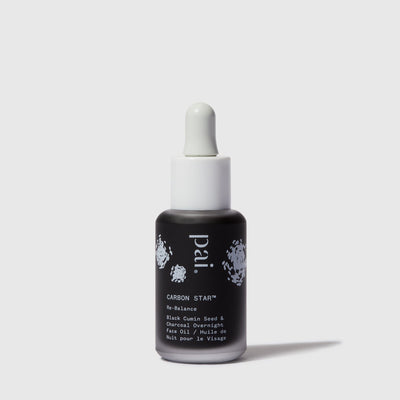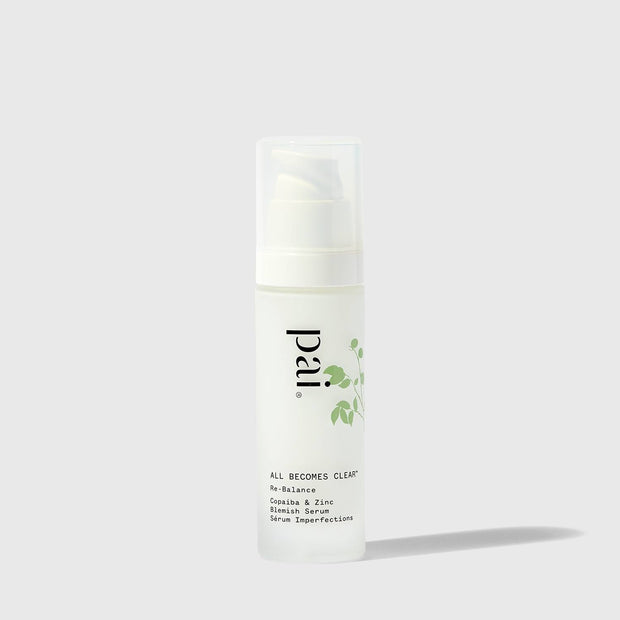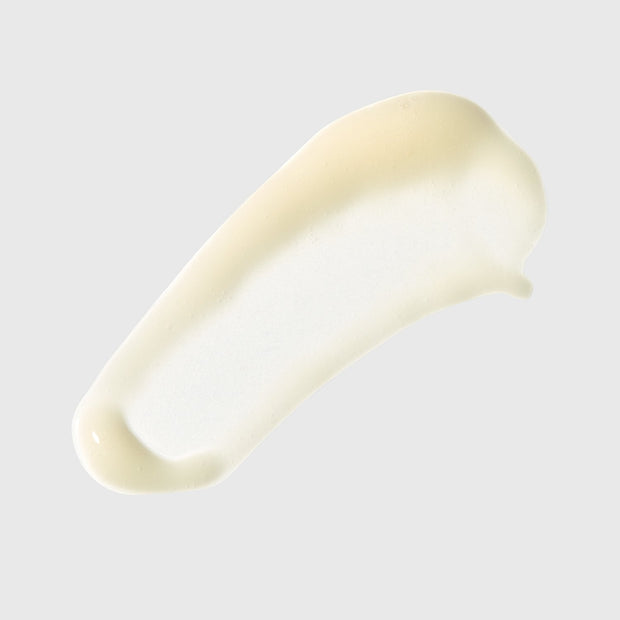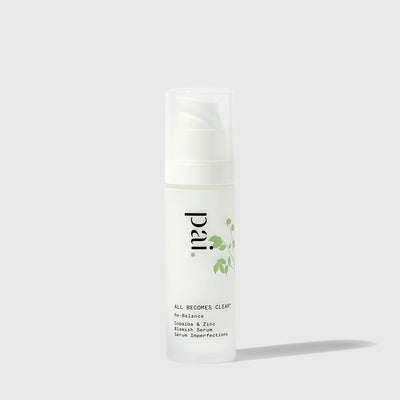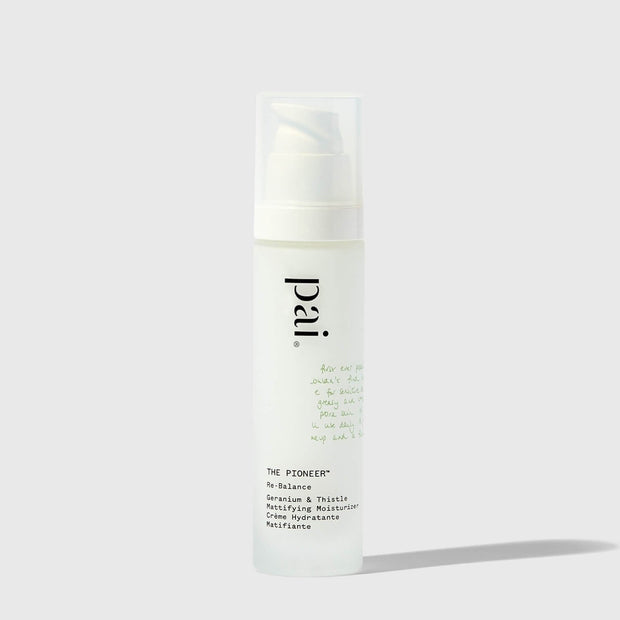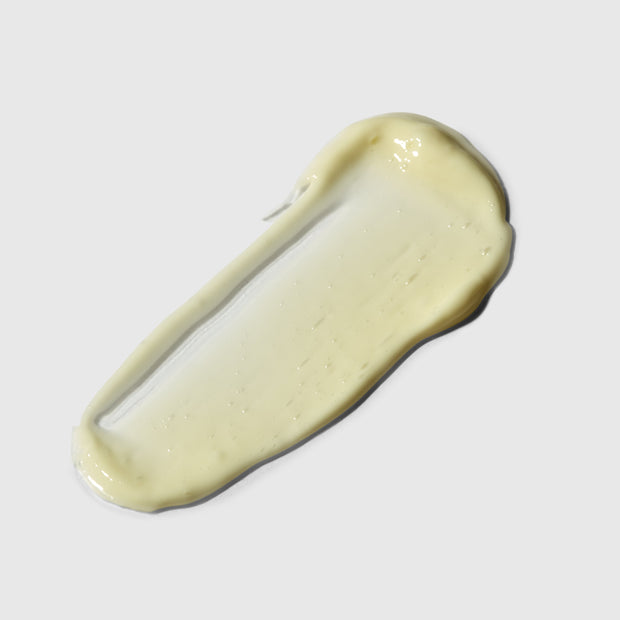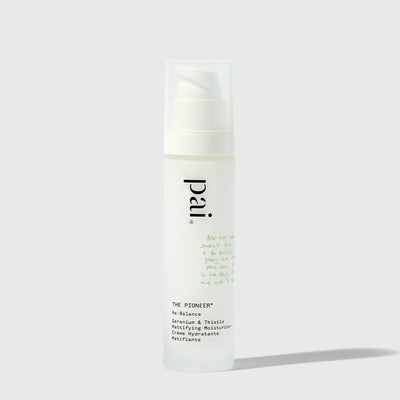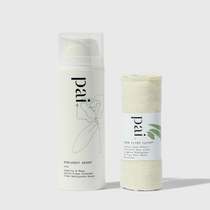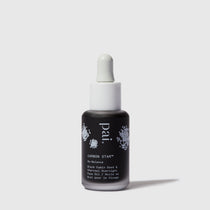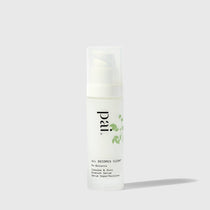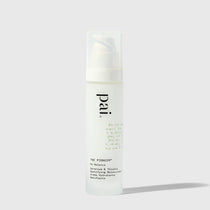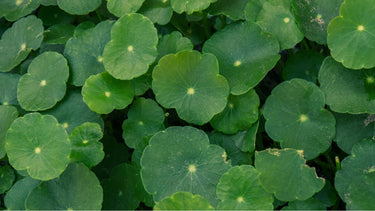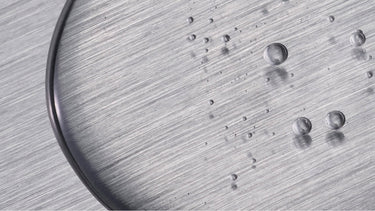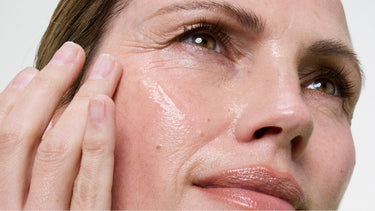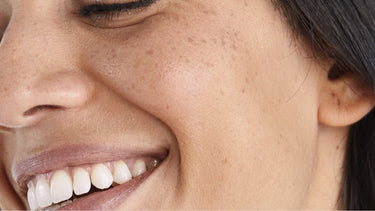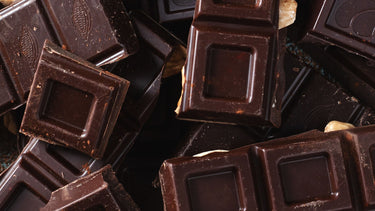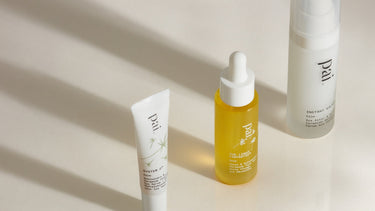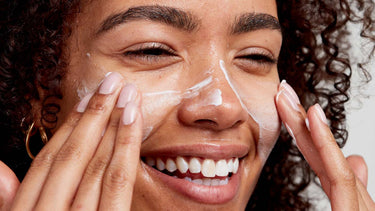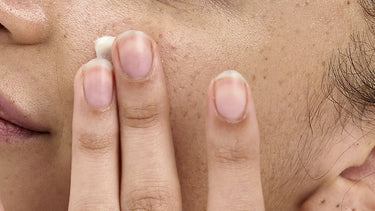Despite the many health benefits of exercise, many of our customers ask us if working out can cause acne and breakouts. It’s understandable, given that sweating can feel as though it’s clogging your skin. So, does exercise help reduce acne, or worsen it?
How exercise affects your skin
The good news is, cardiovascular exercises like running and aerobics pump oxygenated blood around our bodies. This causes our blood vessels to dilate, giving skin a plumped, healthy glow. The bad news is, those same aerobic exercises over time “can cause decreased elasticity and loosening of the skin on the face, neck and rest of the body,” according to Barrecore founder Niki Rein.
So if aging skin is your biggest concern, she suggests to “Stick with weight-bearing exercises and keep high-intensity training to short 20 second bursts, to keep skin taut and help maintain precious, skin-firming elastin.”
Is sweating good for your skin?
Of course, it’s not just about the movement itself – it’s what happens as you move. While sweating may not make you feel your most glam in the short term, shedding liquid in this way actually flushes surface dirt from pores, which clears congestion and removes impurities. It also helps to protect our complexions from bacteria, like Staphylococcus aureus and E. coli. It does this by treating the skin with a dose of Dermcidin, a natural antibiotic that attacks bacteria on the skin.
But while mild or moderate sweating can benefit the skin, severe perspiration can trigger a breakout or occasionally a flare-up. To avoid a sweat-induced breakout, be sure to cleanse thoroughly before getting started.

How exercise affects acne
Many people worry that exercise – or sweating specifically – might cause acne. While this technically isn’t true, it could indeed irritate already-existing acne if not done properly. Acne isn’t caused by a lack of cleanliness. Most acne we see is in fact hormonal acne. This is caused by a change in hormone levels, most commonly triggered by puberty, periods, the pill (coming off it specifically) and pregnancy. Other acne may be diet or stress-related.
When any of our hormones become off-balance, it can cause our glands to overproduce oil (sebum). This then throws the skin’s usually harmless skin bacterium (P. acnes) out of whack, making the pores inflamed. Add any dead skin cells and hair follicles into the mix, and pores become blocked. And that is your breakout.
According to the NHS, “Regular exercise cannot improve your acne, but it can boost your mood and improve your self-esteem. Shower as soon as possible once you finish exercising as sweat can irritate your acne.” This bit is key. Even though lack of cleansing didn’t cause your acne, in the case of exercise, it can make things much worse.
Exercising with make-up on in particular will only add to that already-blocked pore situation. Even if you’re not wearing any make-up, it is important to wash your face both before and after exercise. That means when you get to the gym, cleanse just before you leave the changing rooms, and again straight afterwards, even if you’re showering properly at home later. While we usually recommend not over-cleansing acne (as it can cause further irritation), the exception to the rule is when sweat is left on the skin.
Katie Gray – Personal Trainer, Pilates Instructor and founder of ‘Kind by KG’ – explains: “Our sweat contains ammonia and urea, which when left on the skin too long can cause irritation and inflammation. Double cleansing has changed my life!”
As well as following a strict cleansing regimen, you can include other products in your day-to-day skincare to help reduce breakouts and keep your skin balanced. Try a Zinc blemish serum like our All Becomes Clear or a detoxifying overnight oil like Carbon Star – both contain powerful natural ingredients which help to regulate sebum and keep blemishes at bay. Read our post on the best skincare regimen for acne for more top tips.
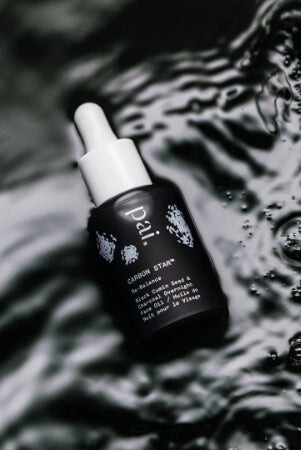

Exercise and sensitive skin conditions
Other aggravated skin conditions may be triggered by intensive activity. Urticaria, for example, often breaks out when the body overheats, and rosacea can appear worse when blood flow increases. Rosacea is also notoriously worsened by exposure to sunlight, so if you’re exercising outdoors be sure to keep your face in the shade by wearing a cap, and always wear a broad-spectrum sunscreen.
Lower impact activities like yoga may be more beneficial, too. With its emphasis on relaxation, yoga makes an ideal exercise for stress-triggered conditions like eczema and psoriasis – a calmer body and mind can work wonders for your skin.
How to protect your skin while working out
Yes, it’s possible to enjoy all the benefits of exercise, without sacrificing a happy complexion. There are just a couple of things to keep in mind to make sure your workout is doing right by your skin too.
1. Never wear make-up when working out – it mixes with sweat and can block pores, making breakouts or irritation much more likely. Remove every last trace with your trusty make-up remover first.
2. Shower as soon as possible after exercising. Physical activity encourages cell renewal throughout the body. This is a good thing, provided the old dead cells are washed away, keeping pores clear and revealing the fresher skin underneath. Keep our gentle body wash in your gym bag – and one at home too – to ensure you have a skin-friendly shower wherever you are.
3. Where possible, avoid tight-fitting clothes or headwear as this can cause Acne Mechanica, a form of acne caused by heat or constant pressure. Opt for loose-fitting cotton clothes instead, which will also stop the skin from overheating.
If you’re not sure what’s causing your breakouts, or need help finding a regimen that works with your skin’s needs, speak to our skin coaches for a free skincare consultation today.



























